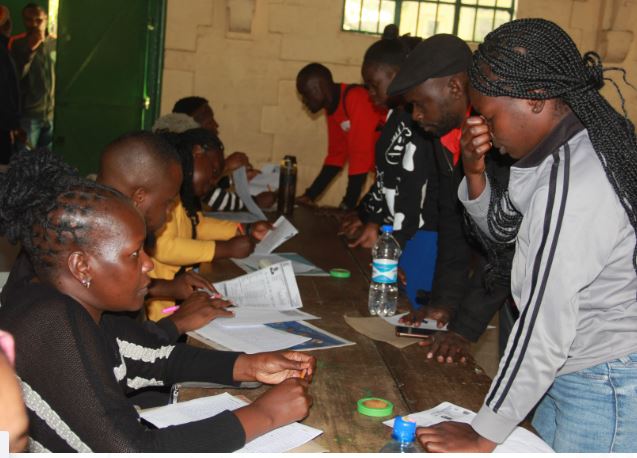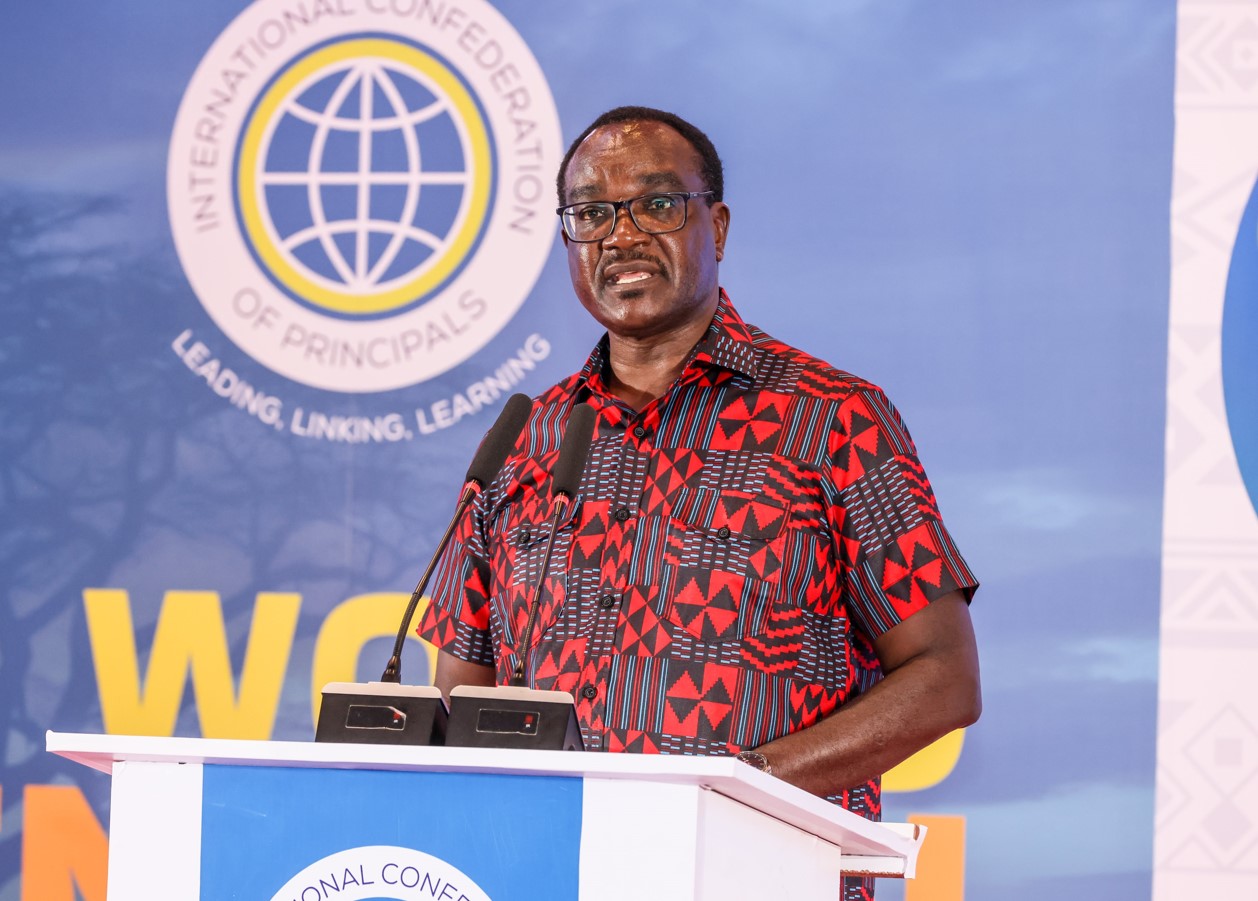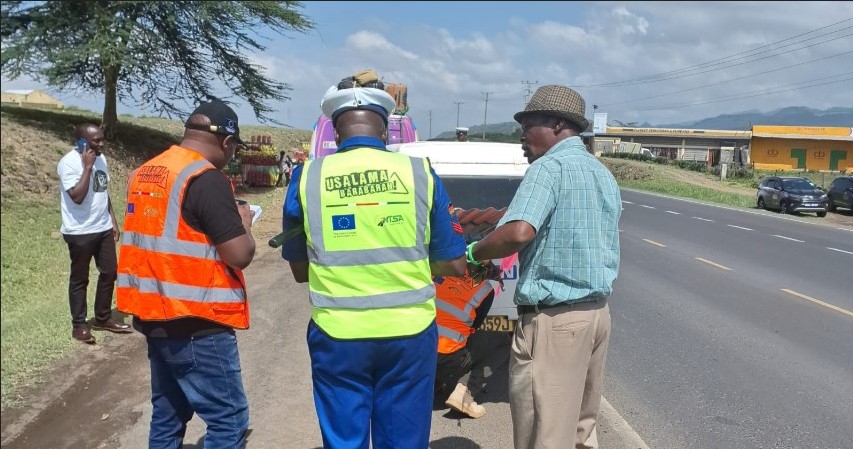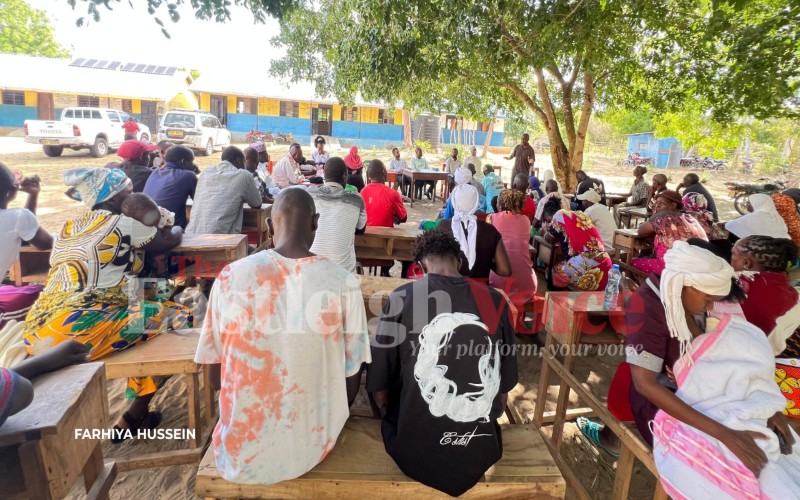Why MPs want HELB, bursaries and scholarships merged into single fund

The MPs argued that merging the funds would address inefficiencies and reduce corruption risks present in the current fragmented system.
Members of Parliament have proposed the consolidation of all bursaries, scholarships, and Higher Education Loans Board (HELB) loans into a single fund to streamline the financing of education in Kenya.
The proposal was discussed during a Speaker's Kamukunji meeting chaired by National Assembly Speaker Moses Wetang'ula on Tuesday.
More To Read
- HELB loan defaults hit Sh42 billion as number of defaulters surges by 40 per cent
- Three-judge bench to hear petition seeking to bar counties from issuing bursaries
- HELB: Former students owe Sh32 billion in unpaid loans, 64,000 blacklisted
- Senators demand reopening of HELB portal to allow more students to apply
- HELB extends student loan application deadline
- Universities directed to update student portals amid frustration over HELB delays
The MPs argued that merging the funds would address inefficiencies and reduce corruption risks present in the current fragmented system.
They pointed out that the existence of multiple education funds—managed by MPs, members of county assemblies (MCAs), Woman Representatives, the University Fund (UF), Helb, and the Ministry of Education—has resulted in unnecessary duplication and bureaucratic delays.
Changamwe MP Shimbwa Omar Mwinyi, who initiated the proposal, highlighted that consolidating the resources would alleviate the stress on both parents and students. Mwinyi, who received strong support from his colleagues, said the burden of financing education has contributed to social issues, including cases of suicide among students and the strain on parents.
“I want to remind the Ministry that we have several cases of suicide in colleges, and parents are also becoming victims of these social challenges due to the pressure they face in educating their children. Why don’t we bring all these resources together—such as those from the Women Representatives and county governments providing bursaries? Why don’t we combine these funds into one so that education becomes free in this country? This way, we won't have the issue of determining who is poor and who isn't in a country where there's no clear way to measure that,” he said.
Wetang'ula, who echoed these sentiments, noted that merging the funds would prevent individuals from seeking financial assistance from multiple sources.
“All these resources come from the same source. The MCAs, Women Representatives, MPs, and governors are all providing bursaries. Helb and universities are also disbursing funds, and private providers and banks are offering scholarships and bursaries. Even if you give students in Band One more money to cover their studies, the same parents will still go to the MCA, MP, Women Representative, and governor, collecting money from everyone for the same course,” he said.
Unified policy
He urged the Ministry to develop a unified policy to consolidate the funds which can in turn make university education free in Kenya.
“If you can generate a policy to amalgamate these funds, this House will be more than willing to turn it into law so that we can achieve free university education. If you can realign this, our problems could be solved overnight,” he said.
In response, Education Cabinet Secretary Julius Ogamba welcomed the idea of collaboration, adding that combining the public resources, will enhance equity and affordability in education and strengthen efficiency by eliminating wastage.
As a Ministry, we welcome recommendations from Parliament and other stakeholders on strengthening the New Funding Model and improving the Means Testing Instrument. For sustainable financing of higher education, we shall earnestly work together with all stakeholders to develop a legal and policy framework that consolidates the various bursary and scholarship schemes provided by different entities, such as NG-CDF, County Governments, the Ministry of Education and other public and private players,” Ogamba said in a statement on Wednesday.
 Education Cabinet Secretary Julius Ogamba. (Photo: Education Ministry)
Education Cabinet Secretary Julius Ogamba. (Photo: Education Ministry)
He emphasized that the Ministry remains steadfast in its mission to provide quality education for all.
“We will continue to work towards creating an inclusive, accessible, and equitable education system for every student in the country,” he said.
The initiative has already gained momentum within the Education Ministry, which has drafted a Bill to merge bursaries and scholarships into a single fund.
Additionally, Nairobi Woman Rep Esther Passaris recently gave notice of a motion on comprehensive bursary reform, which aligns with the Basic Scholarships and Bursaries Bill, 2024. The Bill aims to place all government scholarships and bursaries under the Ministry of Education, effectively removing politicians from their management.
The Presidential Working Party on Education Reforms has also recommended merging Helb, UF, and the Kenya Universities and Colleges Central Placement Service (KUCCPS) into a single body to finance higher education.
During the meeting, MPs also criticised the higher funding model, highlighting communication failures by the Higher Education Department led by Principal Secretary Beatrice Inyangala.
The MPs accused the department of allowing President William Ruto to be the sole communicator of the new funding model, which they claim discriminates against poor students.
MPs also expressed concern over university vice-chancellors sending students home for non-payment of fees, with the exception of the University of Nairobi, which was commended for not turning away students.
Professor Daniel Mugendi, chair of the vice-chancellors' lobby, clarified that while students are not turned away for tuition arrears, accommodation is handled by private entities and thus treated differently.
MPs urged the PS to ensure that part of the funding allocated for students’ needs is paid directly to hostel owners.
The new higher education funding model employs a Means Testing Instrument (MTI) to determine the government's contribution based on the student's family income.
However, MPs criticised the MTI as flawed, citing cases where students from national schools were placed in higher-income bands despite receiving bursaries for their secondary education.
“This MTI thing is unworkable because some students feel ashamed sharing information that they think is in their personal space, which makes them end up being placed in the wrong band,” Githunguri MP Gathoni Wamuchomba argued.
In response, Inyangala acknowledged the possibility of incorrect band placements and assured that desks have been set up at universities where students can appeal for re-evaluation.
Top Stories Today











































